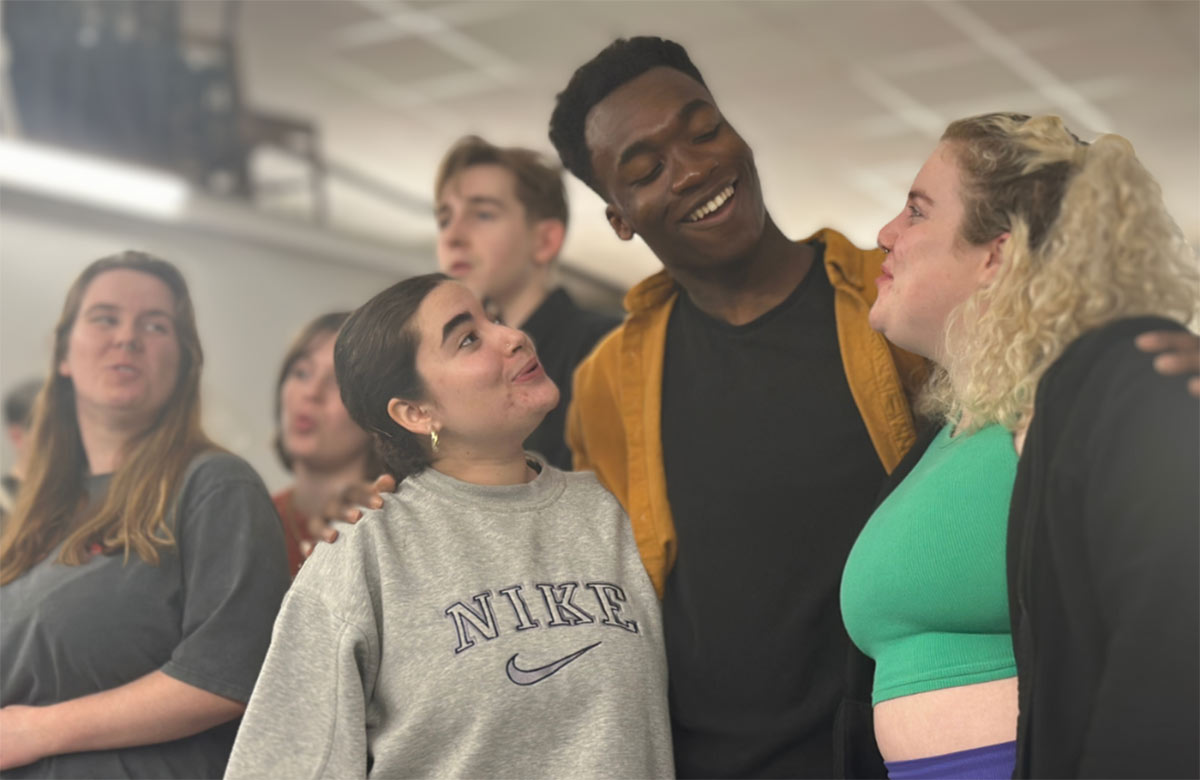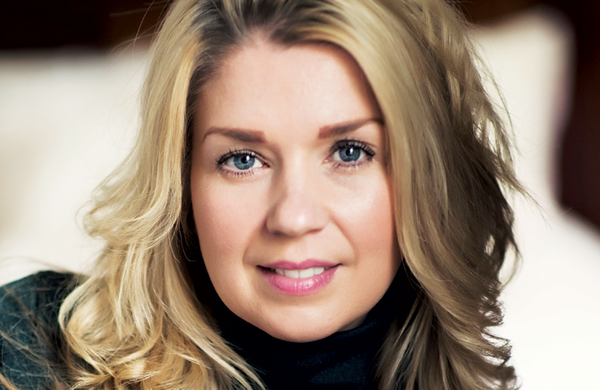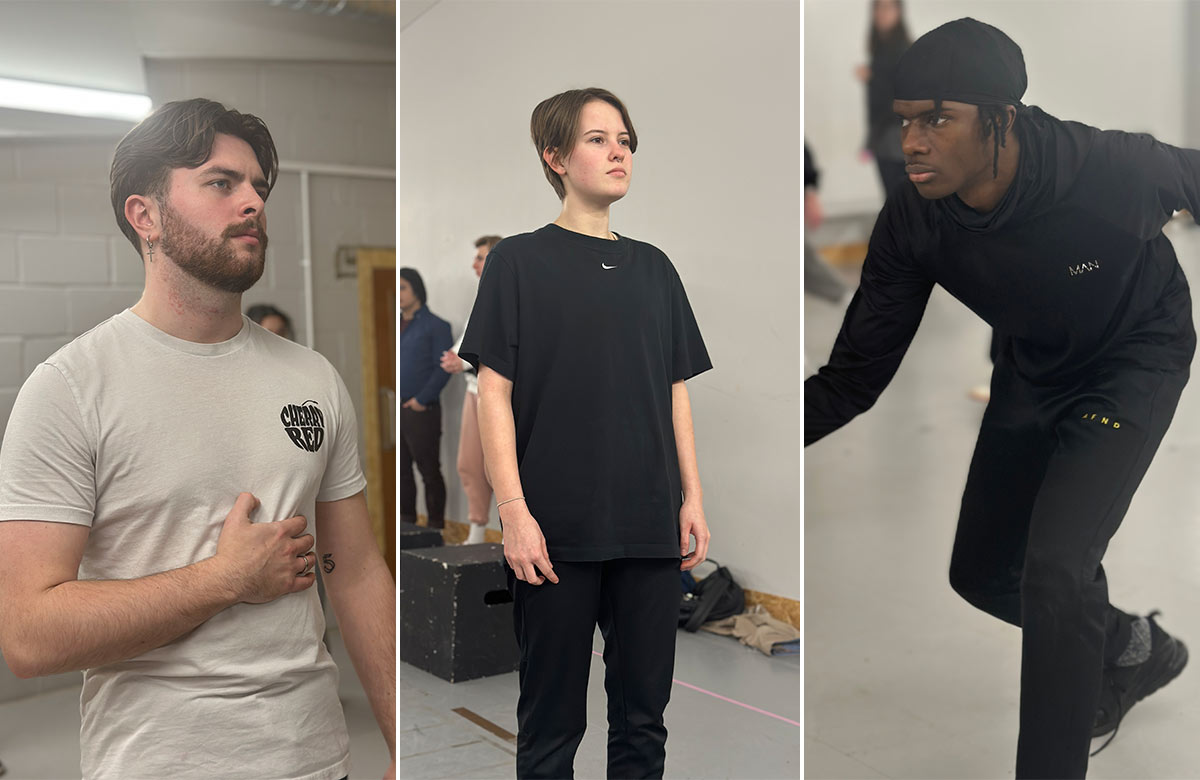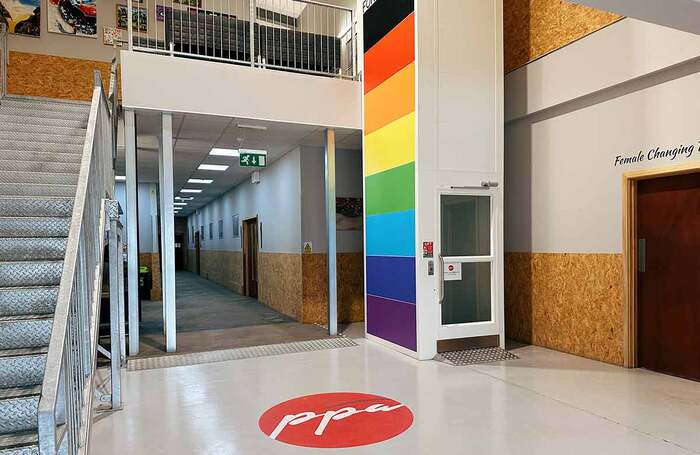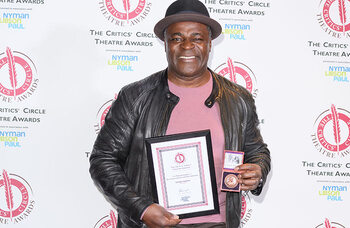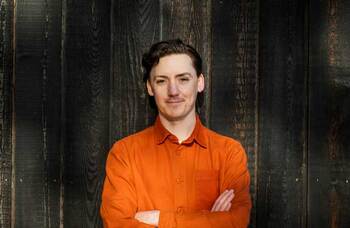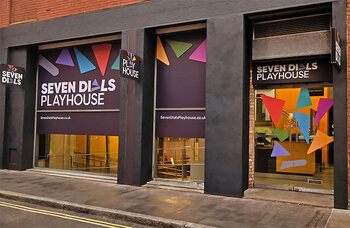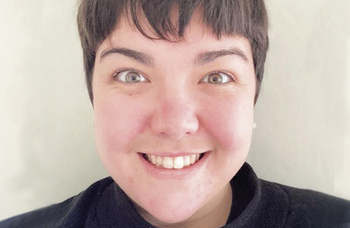Why Performance Preparation Academy in Guildford could be the best option for you
“One of the most positive changes in theatre is the acceptance of an inclusive environment," says Louise Pieri, who founded Performance Preparation Academy in Guildford in 2008
The theatre industry has changed hugely in the past few years. For Louise Pieri, who founded Performance Preparation Academy in Guildford in 2008, it’s vital that drama training reflects those changes.
“One of the most positive changes is the acceptance of an inclusive environment,” she says. “Challenging a fixed view of casting and the gender stereotypes that the industry used to stick to, and embracing non-binary performers and disabled performers in regular show castings.”
This approach to inclusivity and diversity is a fundamental part of PPA’s ethos. The school sits on the edge of Guildford in a 30,000 sq ft fully-equipped building, with 15 state-of-the-art studios, a theatre, costume store, scenic store, prop store, workshop, practice rooms, offices, a library and a cafe.
Just four years ago it was an empty warehouse. Now, designed and built by Louise and her husband Costa, it buzzes with students. What’s immediately clear from talking to some of the students – who come from many different backgrounds to study for fully accredited degrees in musical theatre and acting for both stage and screen – is that Louise and her team show a deep interest in every individual from day one.
‘I decided to audition for places anyway and when I found PPA, everything gave a really good vibe’ – Sophia, student
Sophia, who is studying for the musical theatre degree, found this when she applied three years ago. “I’ve always wanted to perform since I was a little kid. I had a lot of hip problems growing up and I thought: ‘Well, that’s the end of that.’ At that time, lots of drama schools looked at your medical records to prove that you were fit and healthy. I was like: ‘Right, well I guess I’ll give up because no one’s going to want me,’” she recalls. “I went off to do a theatre production degree. But I still really wanted to dance and perform, and I thought: ‘What is stopping me from doing this on crutches?’ I decided to audition for places anyway and when I found PPA, everything gave a really good vibe. I did my audition, I had an interview and they were immediately like: ‘What can we do to help you? What will you need?’ No one else had ever asked those questions.”
Ronan’s background had always been in musical theatre: amateur dramatic musicals and pantomimes in Northern Ireland where he grew up. He studied a foundation year of musical theatre in London, but when he applied to PPA, the acting tutor saw something different in him. “He recommended I audition for the acting course,” he explains. “I thought I was one kind of performer, but everybody here was telling me I’m a different kind of performer. So I trusted PPA and decided to train as an actor. And I love it here. It doesn’t feel as institutionalised as other drama schools. As soon as you come here you can feel the vibe is really nice.”
Light wood covers every wall – “it’s good for mental health, bringing the outdoors in,” says Costa – and students fill every corner, from the air-conditioned studios to the buzzing canteen to quiet working spaces; some are deep in lessons, others have noses in audition material, and many are chatting and socialising; simply being themselves.
“I came out as non-binary at PPA,” says Aeve, who is studying for an acting degree. “That was a massive thing because back home it’s like: ‘Who’s non-binary, what’s non-binary?’ I had a conversation with my course leader about it and he said: ‘I’ve read some really interesting books on this, have a read, see what you think and keep us in the loop.’ It was really interesting because when I came out, it was like people didn’t care but in the best possible way. They said: ‘We’ll change the name on the system, we’ve sent out a group email to all the teachers, they’ll have a conversation about how you feel comfortable being addressed and what your pronouns are.’ It took just a week to turn around; boom! It was just really nice.”
Continues...
It’s been a busy term and order is only just being restored to the prop store and production rooms. The students have just put on One Man, Two Guvnors, Legally Blonde and Flashdance, all in the space of four weeks. That flurry of shows is an indication of the rigorous routine at PPA, where lessons start at 8am and finish around 6pm, covering everything from the fundamentals of acting, singing and dancing to more advanced techniques such as swing project and puppetry.
“They’re very good at getting people who are still working in the industry,” says Ronan. “All the creatives who come here are still working in the West End or London’s National Theatre all the time.”
“You’re constantly learning from people with different backgrounds and different life experiences,” says J, who is in the second year of the degree in acting for stage and screen. “Every day brings a new learning experience. I can go back home and say: "I learned stage combat today, mum," or: "I did tap dancing." They also treat you like you’re in the industry. You need to come in on time, it’s five days a week whereas my uni friends get days off.”
For J, coming to PPA has been transformational. “My drama teacher told me I would never go to drama school,” J explains. “He was a white man who told us we weren’t good enough. All of my classmates left the acting game. I was going to go to university to party, have fun, vibe and basically be an idiot. When I first got to Guildford I didn’t know anyone. I was so self-aware. But I walked in in my black coat, hood up, mask on. I met the acting tutor and we had a good conversation. He told me about the actors who’d been here and I was such a nerd boy thinking: ‘Could I be on Netflix?’ Then I went back to my mum and said: "I want to go to this drama school in Guildford." She said: "No, don’t go there. It’s very heavily white. You’re going to be on your own."
J continues: “I spoke to my family, and we had a long discussion about it: what would it mean, could I be myself here? But I sat down with Louise and we figured out a way I could connect with it. I fell in love with the place: the teaching, how seriously they took acting. I said to Louise: "Why do you want to take me?" I had my hood and mask on. And she said: "Because I see your personality." She spoke to me like a human being and saw me for something more than my hood.”
Continues...
Sophia, who is also the school’s equality and diversity officer, remembers how different J was in his first year. “This person here is nothing like the person who started a year ago,” she says. “He’s like an inspirational speaker now. It’s amazing.”
“Yeah, it’s been a good experience,” J smiles. “Louise and PPA saw something in me. They saw I had the skills. I realised I don’t have to wear a hoodie or a mask. I can feel comfortable. Every creative choice you make at PPA, they support you, give you a confidence boost. They create this really nice creative vibe, where it feels like you can be heard. Everything you offer is being listened to. I actually said to Louise: "Why is your school not as famous as some other drama schools?" And she said: "Because we are focused on looking after you." In big drama schools there are hundreds of people and not everyone gets attention.”
“Louise could name every single person in this building,” adds Sophia. “I have a friend at another drama school who’s in her third year and some teachers still don’t know her name.”
“They’re always listening here and things change,” says Aeve. Ronan chips in: “If there’s something we – the students – think needs to change, they give us a space to let them know.”
“And they love it,” Aeve adds. “They always say: ‘Please tell us if something is wrong so we can do something about it’.”
When they graduate, the students at PPA will take that same attitude – of inclusion, of embracing and celebrating individuality – out into the industry. “I don’t know if there are many jobs out there for a black, disabled girl,” Sophia says, “but I’m going to make the jobs, and PPA has taught me how to do that.”
Aeve adds: “I feel like I haven’t been given a false view of the industry, which is really nice. It’s going to be tough. But seeing people come up, like Emma D’Arcy and Bella Ramsey, they’re in the industry, they’re non binary. So I am ready to rumble.”
“They care about who you are,” says J. “When they speak to you, they ask about your life, your family. They know if your mental health isn’t where it needs to be, they’ve got things to support you. Someone who barely knows me genuinely cares. They’re supporting and encouraging me. This is home; it’s where I’ve realised what I want to do for the rest of my life.”
Most Read
Across The Stage this weekYour subscription helps ensure our journalism can continue
Invest in The Stage today with a subscription starting at just £7.99
